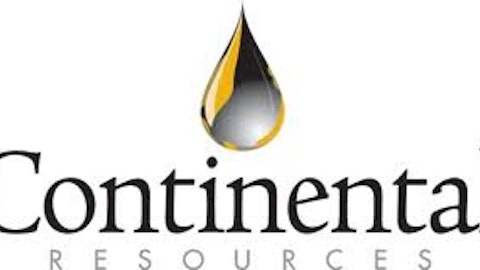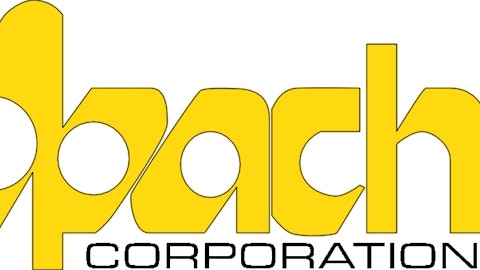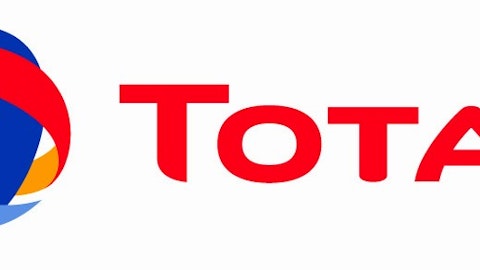Enbridge Energy Partners, L.P. (NYSE:EEP) has been in a bit of a battle with Plains All American Pipeline, L.P. (NYSE:PAA) over the levels of hydrogen sulfide that’s in the crude oil being delivered to its rail facility in the Bakken. The company is seeking to reject crude oil that contains more than five parts per million of the potentially deadly gas. This is after the company found extremely high concentrations of the gas in one of its crude oil tanks in North Dakota. The level of hydrogen sulfate hit 1200 parts per million which is a very potentially dangerous level.
Enbridge Energy Partners, L.P. (NYSE:EEP)’s proposal to reject crude with higher levels of the gas has not only caused it to fight against Plains All American Pipeline, L.P. (NYSE:PAA), but it’s not made producers like Marathon Oil Corporation (NYSE:MRO) and Hess Corp. (NYSE:HES) happy either. Those two companies, as well as other Bakken operators, could be forced to shut down oil and gas production until a new form of transportation can be secured. Both companies, along with Plains All American Pipeline, L.P. (NYSE:PAA), have filed with FERC to slow down the pace of Enbridge Energy Partners, L.P. (NYSE:EEP)’s plans to reject oil with high concentrations of hydrogen sulfide.
You can’t blame Enbridge Energy Partners, L.P. (NYSE:EEP) for wanting to protect its employees from potential exposure to the deadly fumes. What’s interesting though is that this dispute could be pointing to a bigger issue with the Bakken. One of the reasons why the oil flowing out of the Bakken has been so highly prized is because it’s known to contain low levels of sulphur. This sweet crude oil is easier to refine than heavier, sour crude.

Source: Marathon Oil
Finding elevated levels of hydrogen sulfide could mean that some areas of the play are more sour or it could mean that play is becoming sour. According to the Society of Petroleum Engineers, some of the reservoirs from the Bakken formations have been observed as souring. There are several potential causes including fracturing, underground mineral migration, and bacterial action.
What might happen in the future is that companies operating wells with more sour oil and gas could be forced to install separation equipment. This equipment would add to the cost, but it would remove the hydrogen sulfide. Another option would be to send the oil and gas on a dedicated pipeline to a treatment plant. While both options would add to the cost of production, if the Bakken proves to be souring, oil and gas companies like Hess Corp. (NYSE:HES) and Marathon Oil Corporation (NYSE:MRO) might need to explore these options in order to continue producing.
If the souring of the Bakken becomes more widespread it could have a big impact on the profitability of higher-cost producers like Kodiak Oil & Gas Corp (USA) (NYSE:KOG). Because it costs the company $10 million on average to drill a well, its rates of return are already lower than its peers in the $8 million per well range. Additional costs from hydrogen sulfide mitigation equipment or special pipelines will slow growth and crimp profits.
While the problems don’t appear to be widespread, it’s an area to watch. It goes without saying that the safety of employees and protecting the environment should remain top priorities for all companies involved in the Bakken. However, those priorities come at a cost and some companies can afford that cost better than others. As an investor, keep a close eye on costs, because if the oil is souring then costs will likely increase.
The article Is the Bakken Turning Sour? originally appeared on Fool.com is written by Matt DiLallo.
Fool contributor Matt DiLallo has no position in any stocks mentioned. The Motley Fool has no position in any of the stocks mentioned.
Copyright © 1995 – 2013 The Motley Fool, LLC. All rights reserved. The Motley Fool has a disclosure policy.





